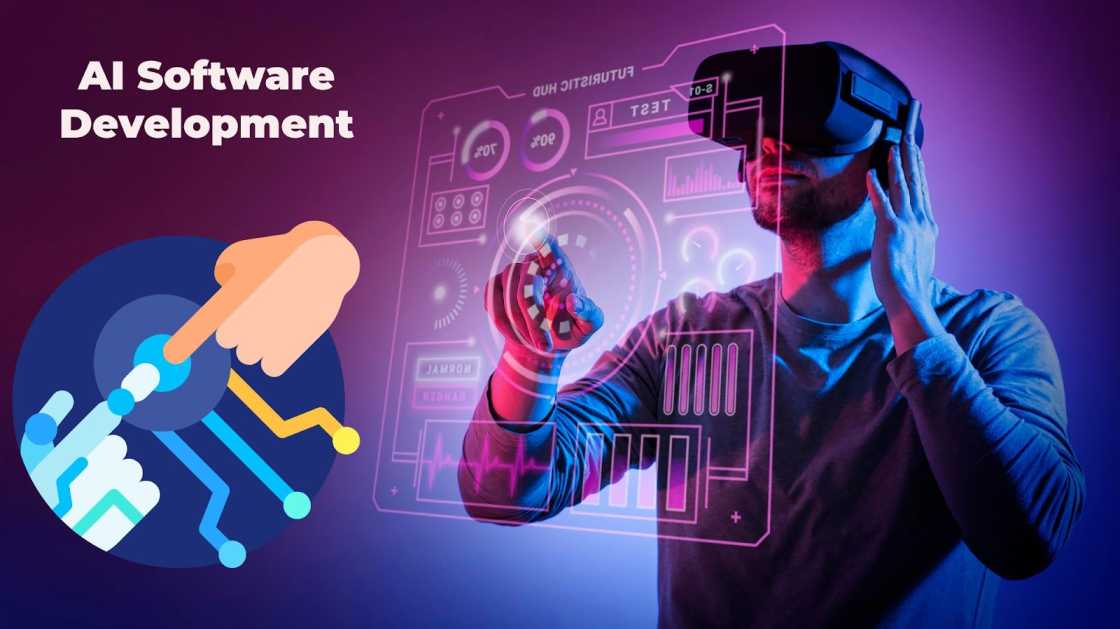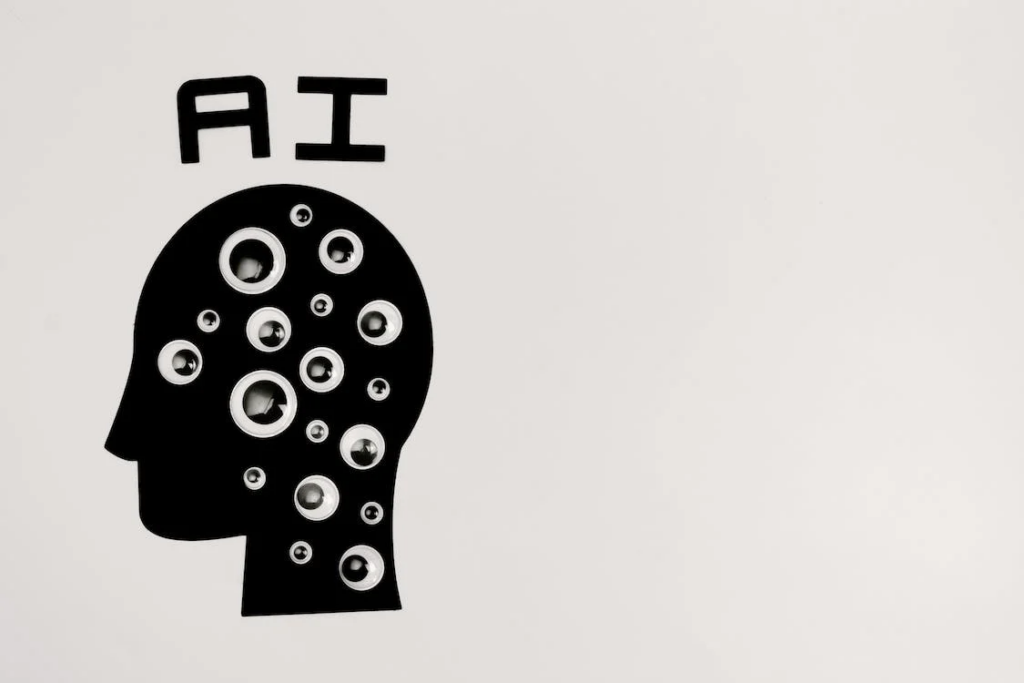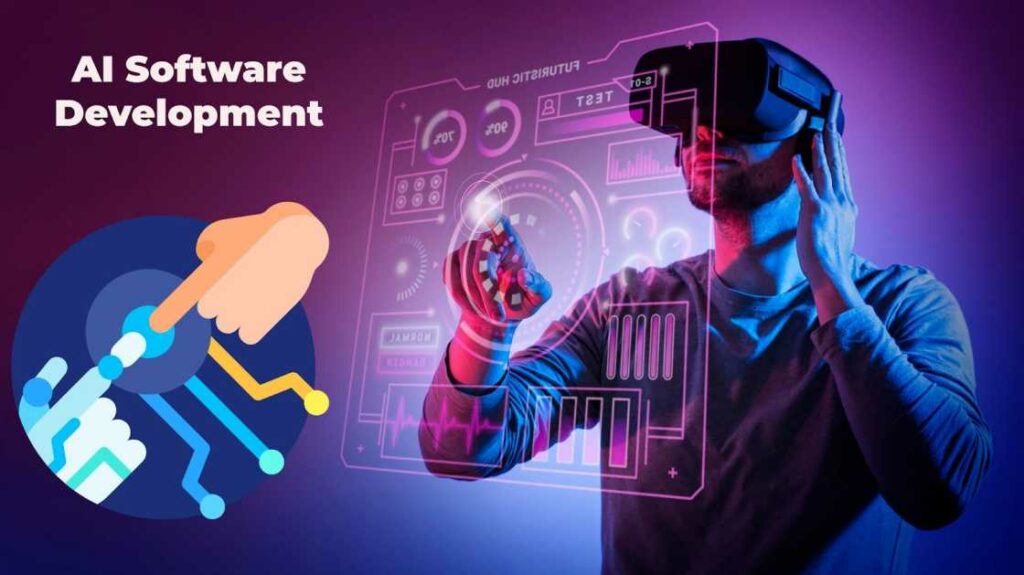In today’s rapidly evolving technological landscape, the software development industry is poised for a significant transformation. The integration of artificial intelligence (AI) has not only provided valuable support to human developers but has also paved the way for even greater advancements in the field. In this article, we will explore the profound influence of AI software development, examining how it has revolutionized the way developers operate and how businesses are embracing this technology.
How AI is Influencing Software Development
It comes as no surprise that AI has a profound influence on how programmers construct programs and how consumers interact with them in the present world. This revolutionary development is likely to have a significant impact on software development given the growing interest of businesses in AI technologies. Remarkably, it is anticipated that AI technologies will generate a staggering $2.9 trillion in business value, leading to a paradigm shift in the industry.
1. Reshaping Software Developers’ Roles
The role of a software developer is already undergoing a metamorphosis, and in the next decade, it is expected to evolve even further. However, it is crucial to note that while AI is capable of supporting various tasks, the ability to independently develop code is still a few years away. Instead, software engineers are embracing AI as a tool to enhance their capabilities and productivity. This symbiotic relationship between AI and developers is expected to lead to an increased demand for developers who can effectively utilize AI in their work.
2. Addressing Common Software Development Challenges
AI has already proven its worth by helping software engineers overcome numerous challenges in the development process. One significant aspect is automated code quality, where AI algorithms optimize and review code, resulting in improved processes and better-quality output. Additionally, AI facilitates automated DevOps, streamlining software deployment and reducing the risk of errors. Furthermore, AI’s impact on automated test cases enhances the quality assessment process, leading to a higher-quality final product.
3. AI for Automated Code Quality
Rather than replacing software engineers, AI empowers them by providing opportunities to learn and generate better code. AI-enabled coding applications, equipped with features like “autocomplete,” significantly speed up the coding process while maintaining accuracy. Moreover, AI-powered mentoring functions assist novice developers in real-time application creation. These advancements decentralize development, enabling programmers to focus on creative problem-solving and design, ultimately contributing more value to their organizations.
4. AI for Streamlined DevOps
In the realm of software development, where regular program updates are the norm, AI plays a crucial role in automated DevOps. AI shields developers from deployment risks by analyzing the deployment process and reducing the possibility of failures. Additionally, AI utilizes machine learning algorithms to understand user behavior and dynamically adjust software interfaces, resulting in a personalized and user-friendly experience. This data-driven approach improves critical areas such as cart abandonment and conversion rates, ensuring smoother software operation.
5. AI for Automated Test Cases and Quality Assessment
AI’s impact on software testing is significant, particularly in quality assurance. Traditionally, manual testing has been a labor-intensive process prone to errors. However, AI enables quick and accurate testing, reducing the development cycle and ensuring a higher-quality final product. By automating the testing process, AI enhances fault detection and resolution before the product is released, saving valuable time and resources.
6. AI in Software Design Optimization
Project planning and design require specific expertise to deliver robust solutions. AI technology has automated certain challenging aspects of design, allowing designers to utilize AI design assistants that understand customer needs and preferences. By leveraging AI capabilities, designers can create projects that align with customer expectations, driving innovation and efficiency in the software development process.
Benefits of AI in Software Development
The integration of AI into software development brings numerous advantages that enhance productivity, efficiency, and software quality.
Here are the key benefits:
- Accurate Estimates: AI can leverage data from previous projects to provide accurate budget and timeline estimates, improving project planning and resource allocation.
- Code Refactoring: AI helps streamline code refactoring by identifying areas that need optimization, ensuring clean and maintainable code for collaboration and long-term upkeep.
- Error Handling and Automatic Analytics: AI systems can analyze system logs and proactively detect and report errors, enabling faster troubleshooting and automated response adjustments.
- Intelligent Assistants: AI-powered programming assistants offer in-the-moment advice, best practices, and code suggestions, saving developers time spent on documentation and debugging.
- Strategic Decision Making: AI can analyze past development projects to assist in prioritizing features and determining which ones to focus on, based on performance analysis and lessons learned.
- Quick Prototype: AI, combined with natural language visual interfaces, accelerates the process of translating business needs into technological solutions, allowing for faster breakthroughs.
- Enhanced Code Quality: AI automates code quality checks, optimization, and review processes, leading to improved code quality and fewer errors.
- AI simplifies software deployment, reducing update errors and improving control and efficiency.
- Automated Test Cases for Quality Assessment: AI automates the testing process, ensuring quicker and more accurate identification and resolution of software faults, resulting in higher-quality final products.
- Software Design Optimization: AI assists designers by understanding customer needs and preferences, facilitating the creation of projects that align with user expectations, leading to more innovative and efficient software solutions.
How to Integrate AI in Software Development
As technology advances, AI becomes an increasingly appealing and valuable solution for corporate software development. Here are three ways to enhance developer productivity by integrating AI:
- AI in Coding: Integrated Development Environments (IDEs) now incorporate AI-based routines that predict subsequent actions and method calls, speeding up development and minimizing syntax errors.
- AI in Software Generation: AI systems can analyze use cases and system requirements to generate code that meets functional conditions, reducing the need for extensive manual coding. Although human oversight is still required, the integration of AI into IDEs holds the potential for further advancements in computer-generated code.
- AI in Specified Guidance: Augmented coding provides personalized assistance to developers, offering real-time advice, best practices, and code suggestions. By By predicting code blocks that can solve functional issues, AI significantly improves efficiency and productivity.
Conclusion
The integration of AI into the custom software development industry is transforming the way developers work and businesses operate. From automating code quality and streamlining DevOps to enhancing software testing and enabling intelligent design, AI brings a myriad of benefits. By effectively integrating AI into the development process, developers can unlock new possibilities, drive innovation, and deliver high-quality software solutions in a more efficient manner.
Recommended Reading: How to Integrate AI in Business Operations



By embracing AI’s potential while addressing its ethical and practical implications, the industry stands poised to redefine software development norms and deliver solutions that resonate with the evolving needs of the digital era.